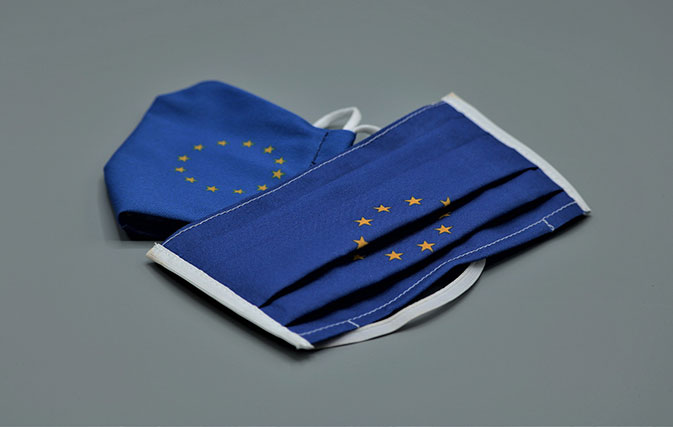BERLIN & LONDON — Several European countries are tightening restrictions this week, starting with a partial shutdown Monday in Germany, as authorities across the continent scramble to slow a rapid rise in *********** ********** that threatens to overwhelm their health care systems.
******* and Austria will follow suit later in the week, closing restaurants, bars and nonessential shops. Italy, Greece and Kosovo also announced new measures.
In Germany, restaurants, bars, theatres, cinemas, gyms and other leisure facilities closed in a four-week “wave-breaker” shutdown that seeks to force daily new ********** back down to manageable levels. Germans have been asked not to travel, and hotels are barred from accommodating tourists.
The new restrictions are still milder than the ones Germany imposed in the first phase of the ******** in March and April. This time, schools, nonessential shops and hairdressers are staying open. Officials will review the situation after two weeks.
In Austria, starting Tuesday and until the end of ********, restaurants and bars are being closed (except for deliveries and takeout, as in Germany and England) and cultural, sports and leisure activities are cancelled. Residents will be asked to stay home from 8 p.m. to 6 a.m. They can go out to exercise or to work, among other things.
In Spain, lawmakers last week approved an extension until May 2021 of the country’s state of *********. The measure puts into place a national nightly curfew and allows regions to impose more localized restrictions, such as limiting movement outside city limits on weekends.
In Italy, Italian Premier Giuseppe Conte announced new restrictions including the closure of shopping malls at weekends and of museums. Movement between regions will be limited and a “late-evening” curfew introduced, Conte said, without specifying a time or saying when the measures will take effect.
Greece announced a localized lockdown in its second-largest city, Thessaloniki, and the northern province of Serres.
Countries including hard-hit Belgium, France, Poland and the Czech ******** already have implemented shutdowns of varying strictness.
Meanwhile, England is headed for a tougher lockdown starting Thursday, with nonessential shops and hairdressers closing for a month and people allowed to leave home for only a short list of reasons including exercise. Travel is also discouraged.
Unlike during the U.K.’s first three-month *********** lockdown earlier this year, schools, universities, construction sites and manufacturing businesses will stay open.
The lockdown, announced Saturday by Prime Minister Boris Johnson, is to run from Thursday until Dec. 2. Johnson says it’s needed to stop hospitals from becoming overwhelmed by ******** patients within weeks.
******* has the ***** ***** ***** toll in Europe, with more than 46,700 ****. It passed 1 million confirmed *********** cases on Saturday and confirmed another 23,254 new ********** on Sunday.
The new lockdown needs Parliament’s approval and a vote is scheduled for Wednesday. Some members of Johnson’s Conservative Party oppose tighter restrictions because of the economic damage they inflict, but the main opposition Labour Party says it will vote for the new lockdown.
The restrictions will apply to England. Other parts of the U.K. govern their own public health measures, with Wales and Northern Ireland already effectively in lockdown and Scotland under a set of tough regional restrictions.
SOURCE: The Associated Press
